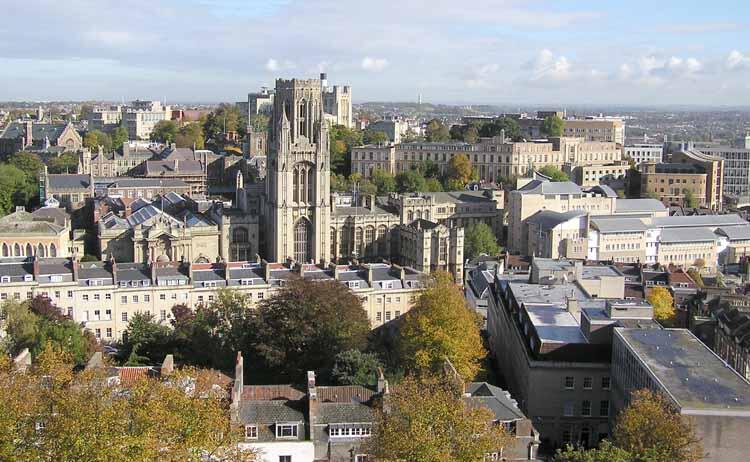Heading for the next challenge at the University of Bristol after a postdoc at the Sars Centre
Maria Sachkova will build her own research group after accepting a position as lecturer at the University of Bristol.

Hovedinnhold
When she first arrived in Pawel Burkhardt’s group in December 2018, Maria Sachkova was eager to test a novel hypothesis on the evolution of ctenophore neurons. However, her passion for neuropeptides quickly prevailed and her project took a different turn. Using machine learning, Maria successfully identified the neuropeptide repertoire of the ctenophore Mnemiopsis leidyi. She was then able to use this information to track down elusive neurons in existing transcriptomic datasets, ultimately allowing to better characterize these cells. “Ctenophores hold a lot of surprises, that was my favorite part of the project”, Maria explained. “They are very difficult to work with, so it was very rewarding to discover new, unexpected things.”

The Burkhardt lab members. Upper row, left to right: PhD candidate Ronja Gõhde, Senior Research Technician Alexandre Jan, PhD candidate Aishwarya Ravi, Group Leader Pawel Burkhardt and Staff Engineer Eva-Lena Nordman. Lower row, left to right: Researcher Carine Le Goff, Postdoctoral Fellow Jeffrey Colgren, Research Intern Gerard Steur and former Postdoctoral Fellow Maria Sachkova.
During her four years at the Sars Centre, Maria published a research paper in Current Biology as a corresponding author and contributed to two other publications. She believes that her postdoc in the Burkhardt lab was instrumental in advancing her academic career towards building her very own research group. In her new role as lecturer at the University of Bristol, she will be studying the role of venom in bleached corals. “This is a new step where I have to try new things,” she said. “It will be out of my comfort zone but that’s the most exciting part!”
Corals are key species in marine ecosystems and are particularly vulnerable to environmental changes, including chemical pollution and temperature variations. Stressed corals may lose the symbiotic algae that sustain them, a process called ‘bleaching’, leaving them to rely more heavily on hunting for food. In her next project, Maria hopes to find out how this process may affect venom in the stinging cells corals use to kill their preys. She is looking forward to working with coral culture in her new laboratory, but her interest in ctenophores remains intact. In the future, she hopes to reconnect with ctenophore research and continue working on these fascinating critters.
